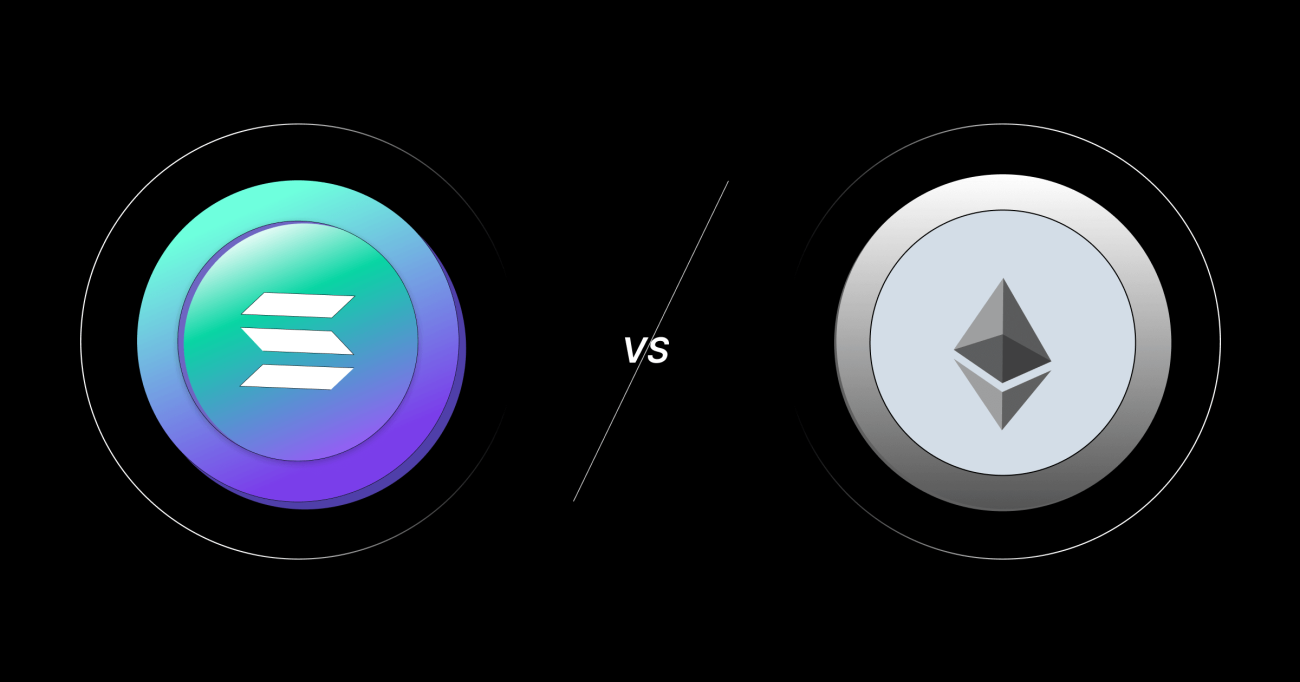In a recent blog post by Placeholder VC, the firm drew a striking analogy between leading layer-1 (L1) blockchain ecosystems Ethereum and Solana, comparing them to Android and iOS respectively. Written by Joel Monegro on October 10, 2023, the post provides insights into the unique attributes and future trajectories of both blockchain platforms.
Why Ethereum Is Like Android
Drawing a parallel to Android’s open and diverse ecosystem, Ethereum is highlighted for its modularity and widespread adoption. Monegro notes that just as Android runs on a plethora of devices manufactured by various companies around the world, Ethereum is “becoming more of a platform for third-party networks than the place where most end-users and developers operate.”
Quoting from the post, “The fast-growing ecosystem of layer-2 (L2) networks using Ethereum mainnet for security or leveraging the Ethereum Virtual Machine (EVM) as an operating system already processes ~5-6x more transactions than Ethereum mainnet.”
This expanding ecosystem reflects the multiplicity seen in Android devices, with Ethereum’s influence potentially encompassing “hundreds of networks processing billions more transactions than Ethereum mainnet.”
Monegro further elaborates that the Ethereum Virtual Machine (EVM) is set to reinforce its dominance as the premier blockchain operating system, orchestrating countless networks and rollups that cover an array of markets, sectors, and functionalities. Even though Ethereum’s mainnet might capture only a segment of this expansive value, the platform is poised to reap significant advantages from the broadening ecosystem.
Despite the benefits, Monegro points out challenges reminiscent of Android’s issues, stating, “Ethereum smart contracts aren’t guaranteed to run seamlessly on all of them by default, and developers have to spend extra time tweaking, testing, and maintaining for different environments.”
Why Solana Resembles iOS
In contrast, Solana is likened to Apple’s iOS, recognized for its focus on integration and performance. Monegro explains, “Solana as a single, unified network is much faster and cheaper than Ethereum and many other EVM networks.” The seamless user experience, reduced transaction speeds, and cost efficiencies found on Solana mimic the consistent and integrated user and developer experiences on iOS.
However, Monegro emphasizes that this analogy, while instructive, is somewhat superficial. He writes, “Which is absolutely, objectively ‘better’ doesn’t matter; that debate will never end. Some people will value a modular philosophy’s flexibility; others will value a more integrated platform’s speed and simplicity.”
The post culminates in an admonition against market myopia. Drawing upon historical examples from the crypto and tech industries, Monegro states that while there were times when singular players like Bitcoin or Ethereum dominated, it’s a “mistake to assume that the status quo at any point in time will remain the same forever.”
Monegro’s perspective underscores the notion that in the evolving landscape of blockchain technology, both modularity and integration have their merits. The overarching message seems to be one of appreciation for diversity, fostering a more inclusive and vibrant crypto ecosystem.
At press time, Solana (SOL) traded at $22.07, down 1.4% in the last 24 hours.
Featured image from Mudrex, chart from TradingView.com
Credit: Source link






























